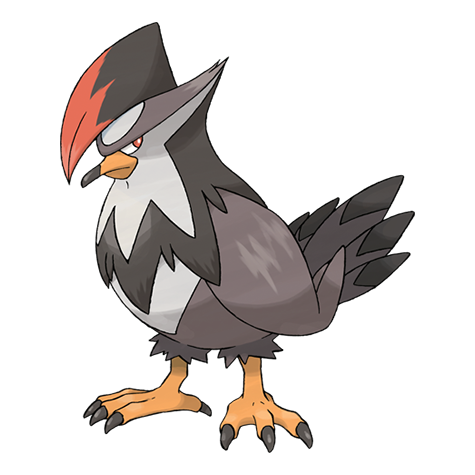I heard something to do with Nitrogen and …cow farts(?) I am really unsure of this and would like to learn more.
Answer -
4 Parts
- Ethical reason for consuming animals
- Methane produced by cows are a harmful greenhouse gas which is contributing to our current climate crisis
- Health Reasons - there is convincing evidence that processed meats cause cancer
- it takes a lot more calories of plant food to produce the calories we would consume from the meat.
Details about the answers are in the comments


The main issue is probably less meat itself than the ginormous quantities we consume.
Most livestock farming is intensive, meaning they can’t rely on grazing alone and need extra food sources, typically corn. They emit methane, a greenhousing gas on steroids.
That grain is produced through very intensive agricultural methods because we can’t get enough of it. It consumes ridiculously large amount of water and slowly degrades the soils. Nitrates eventually end up in the sea, causing algea to proliferate while other lifeforms are suffocated. See the dead zone in Mexico’s gulf.
71% of agriculture land in Europe is dedicated to livestock feeding.
The percentage must be similar or higher in America, and don’t count North America alone: without grains from Brazil, we’re dead. Period. So next time you hear the world blaming Brazil for deforestation, keep in mind that a large share of it is to sustain livestocks…
Cattle farming in the USA is heavily subsidized, by allowing farmers to use federal land for grazing for free (I believe something similar is in place in Canada?). The claim they “take care of the land” is absurd: nature has been doing that for millenias without needing any help. First nations have been living in these lands also without supersized cows herds and it was going alright. Farms actually prevent wildlife to take back its place.
But I wouldn’t blame them. People in North America (among others, and I live in Canada, definitely me too) eat indecent and unhealthy quantities of meat, and that has to come from somewhere.
Now, simple math will tell you: if everyone in the world was consuming meat in the same quantities as us, there would’nt be enough suitable land on Earth to grow the corn that needs to go with it.
Another thing is not all meats are equal in terms of pollution. From the worst to the least bad, in equivalent kgCO2 per kg of meat you can actually eat: -Veal: 37 -Chicken (intensive, in cage): 18 -Beef: 34 -Pork: 5–7 -Duck, rabbit, pork: 4–5 -Chicken ("traditonal, free range): 3–4 -Egg (for comparison): <2
You can appreciate the orders of magnitude!
There are only 2 ways out of this:
One can be done today, starting with your next meal. We don’t need meat every meal, we don’t even need meat every day, but it is true that going full vegetarian force a certain gymnastic to get all the nutriments one need.
The other solution is barely getting there, so there are still unknown (food quality, resources consumption, etc.) and the economics may not help it taking off.
The third (and let’s face it: current approach at national level everywhere on this issue) option is to do nothing and keep going as if the problems didn’t exist. This is guaranteeing a famine in the coming decades. When we’ll fail to feed our livestock, and it will start dying, it will be too late to turn around and get the whole agriculture sector to transition. These things take many years.
We’re trying to reduce our meat consumption at home, or to favor the least impacting ones. We still eat too much meat, but I hope we can gradually improve.